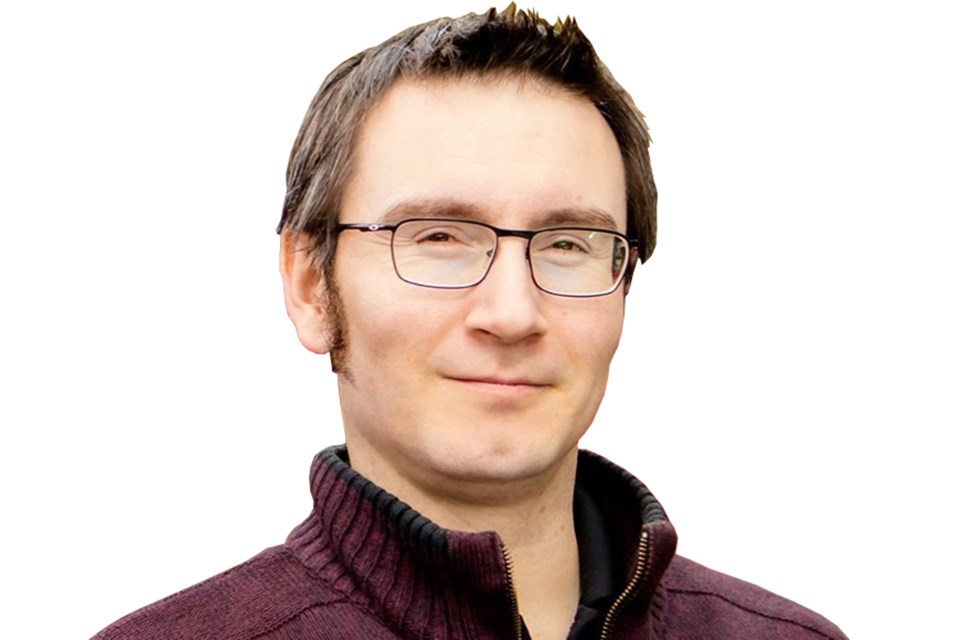Seems as though a column I wrote recently did not age particularly well.
Although I remain personally unconcerned about the new coronavirus, named COVID-19, the contagion's rapid spread at this point seems unstoppable.
Indeed, the first presumptive case was reported in Alberta last week.
I still stand by the assertion that humans have faced far greater threats than the coronavirus. The vast majority of people who catch this bug will barely notice anything worse than a common cold they've undoubtedly experienced countless times before. Some won't even notice.
That being said, taking precautions certainly can't hurt, especially considering there are at-risk demographics who are susceptible to the potentially deadly disease.
Arguably the biggest problem with this bug is that many carriers won't feel ill enough to bother seeing a doctor, not only contributing to any number of unreported cases, but also further spreading it to others as they continue about their daily routine.
Complicating matters even more, carriers who have not yet started showing symptoms are already contagious, making the effort to track down everyone they came into contact with all but impossible, subsequently accelerating the spread.
Meanwhile, a vaccine is not expected for more than a year, at the very earliest.
The only silver lining is that COVID-19 has a far lower fatality rate than many diseases. However, far more people have been and continue to be exposed as well as infected than during past outbreaks of other coronavirus strains. Indeed the number of dead around the world already greatly exceeds how many died from the coronavirus's technically far deadlier but less infectious cousins SARS and MERS.
Besides, coldly citing numbers in such a sterile narrative offers little solace to the families of each and every single person who dies.
So as more cases are inevitably reported in Alberta, as they have in Ontario and B.C., getting a sniffle or cough checked out might be advisable, just to be sure. Perhaps even make an extra effort to keep our hands clean and make sure to sneeze or cough into our elbows. Don't take it personally if someone kindly declines to shake hands; who knows, perhaps they're doing you a favour. Ideally, stay home until you've recovered.
Even if you're not worried about yourself, consider those who might be at risk. Just as with the flu, even someone who's healthy and will recover could pass the bug along to someone more vulnerable who might not end up being so fortunate.
While I still think we should keep calm and carry on, that doesn't mean we should allow ourselves to become complacent. We most likely won't stop or even contain the coronavirus, but a vigilant approach will undoubtedly at the least reduce its impact.

